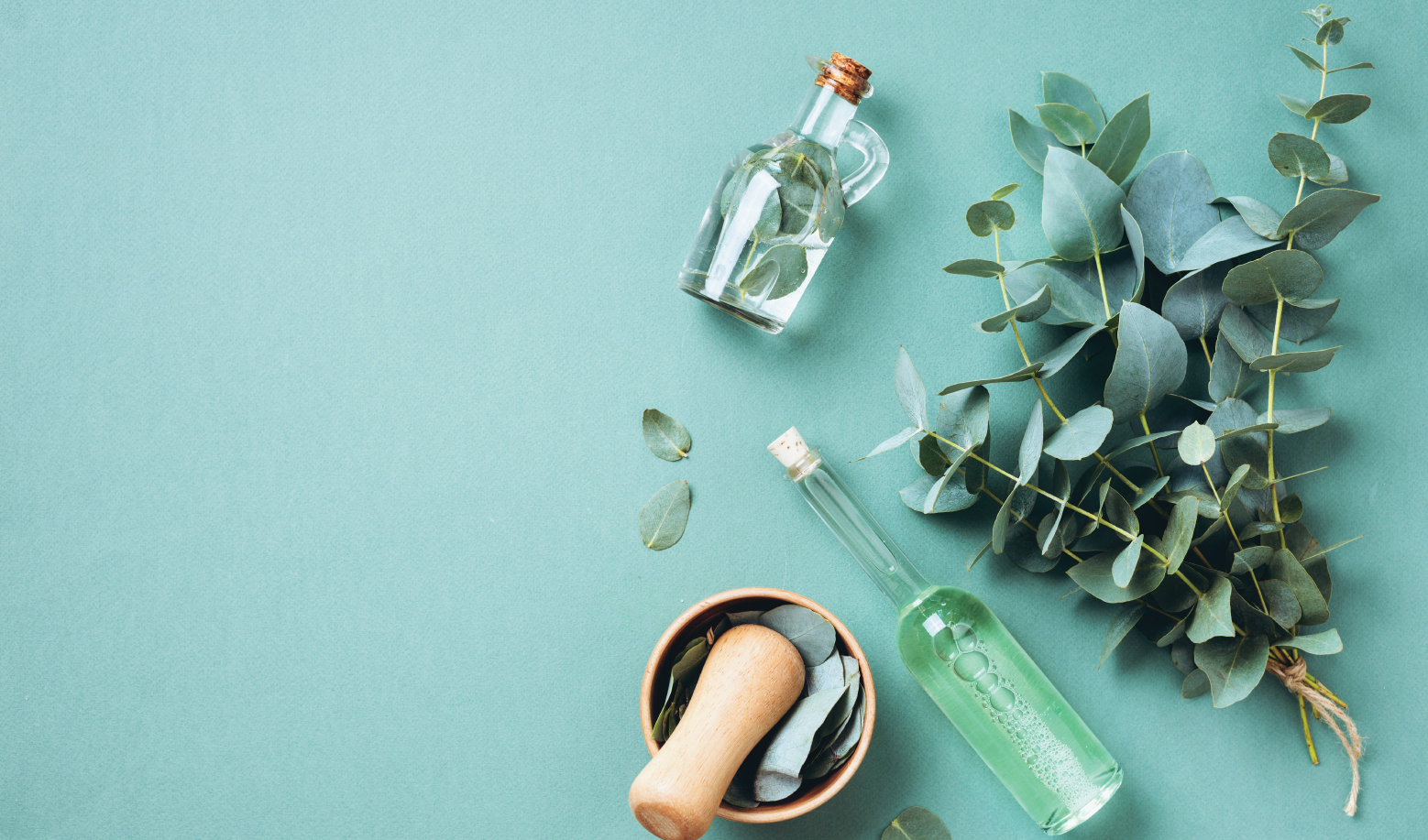
Though we are in the dead of heat now, summer has been flying by and the crisp air of fall will be upon us soon. In preparation for the summer season peak, we sat down to chat with Andrea Miller, a student in the Master of Science in Therapeutic Herbalism program and the new gardener in the herb garden at Maryland University of Integrative Health (MUIH). Andrea shared her knowledge with us about what’s in season, what we should plant now in preparation for cooler months, and what some of her best practices for gardening include.
MUIH: Hi Andrea, thanks for chatting. To start off, how did you come to work in the herb garden?
Andrea Miller: I initially applied for herbal compounding agent. I then saw the garden position and knew that was it. I’ve been outside and in the garden my whole life. Doing my passion as my job—having the ability to combine what I love into what I do and make a livelihood from it—drives me.
MUIH: That’s fantastic, and following your passion to turn it into a career is a common thread among MUIH students. What are the favorite parts of your job?
Andrea: Growing plants from seed to use for medicine is a special, important process. I love seeing plants thrive in that natural, cared-for environment. I make sure the plants have what they need, but really we care for each other. What plants give us far surpasses what we give them, both as physical medicine and visual—taking in natural beauty with the eyes is another form of medicine.
MUIH: You’re right. There have been a lot of studies about how being close to nature, especially when stressed, can be very healing. So as we gaze around the garden, what’s in bloom right now?
Andrea: This is a great time; there’s a lot in season that will continue to be through the middle of August. The vitex bush is particularly magnificent, and echinacea, evening primrose, yarrow, passionflower, Joe-pye weed, feverfew, lavender, marshmallow, fennel, boneset, blue vervain, elecampane, lilies, roses, magnolia trees, butterfly weeds, and soapwort are all thriving. Since they are in a teaching garden, these plants found in the MUIH herb garden are all medicine for the eyes, but they can be harvested in personal or community gardens for herbal uses as well.
MUIH: Wow, that’s a lot! So what should we start preparing to plant now for use later?
Andrea: Looking ahead for late summer and early fall planting, Echinacea and butterfly weed are still great ones. Chamomile and ginseng are good to plant as well. When you plant the seeds in the fall, you want them to get the cold spell of winter because it stimulates a more natural growing process for plants. Beyond herbs, lettuce, spinach, and leafy greens are good for fall and will survive through the winter. Rosemary, thyme, and other popular cooking herbs are usually hardy as well.
MUIH: What are some general gardening dos and don’ts or best practices that you follow for a flourishing garden?
Andrea: I do a lot of weeding. It’s important to care for the plants and cultivate an environment where they’re free to grow. Also, I prefer to water at night or close to when sun sets. Especially now, in ninety and hundred degree weather, it doesn’t make much sense to water in the middle of the day because it will all evaporate in the heat. Watering when its cooler and the sun goes down conserves the water.
Additionally, right now I’m experimenting with putting plants into dormancy as I clean up areas of the garden that are overgrown. I cover soil with cardboard and cover cardboard with mulch to halt the active growing process. The cardboard locks in moisture to keep the plants alive while creating a barrier that the plants can’t pop through. The cardboard will also eventually decompose, so it’s an environmentally friendly way to keep the plants dormant.
MUIH: Anything else you’d like to add?
Andrea: Yes! If you’re on campus and visit the herb garden, please fill out the garden feedback forms [found by the picnic table]. I’d love to hear your suggestions for plants you’d like to see in the garden. I read every one that is submitted and when items are suggested, I may be able to add them to the list to plant in the future.
Herbal Medicine Programs at MUIH
Learn about the Herbal Medicine Programs at MUIH. Our one of a kind herbal medicine programs recognize and respect the power of nature and herbs in promoting health and wellness. Graduates support the growing consumer use of herbal medicine in community health and wellness, clinical, research, manufacturing, and retail settings.